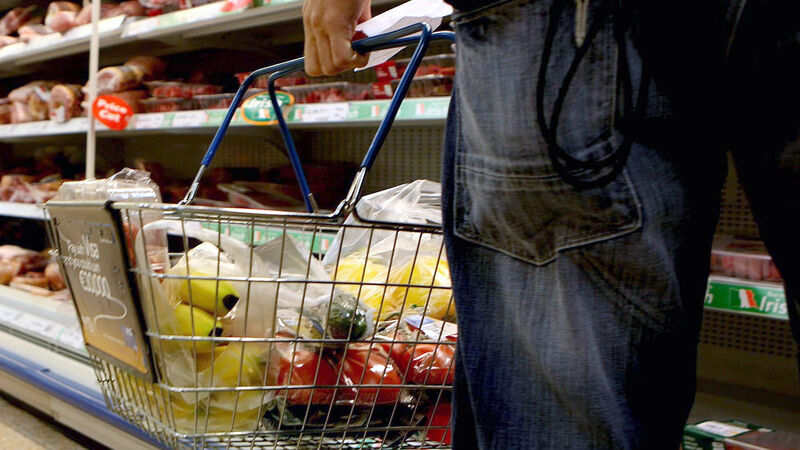Gerard Brady: Prices are likely to stay stubbornly high

Commodity prices are well down on their peak in 2022 but are still almost a third higher than they were in 2019. Picture: Alan Hamilton
Over recent months, some global forecasters — most notably the International Monetary Fund (IMF) — have begun using a phrase to describe the current global economic outlook which will awaken a deep sense of unease in most Irish people.
In their view, the global economy is on its way toward a “soft landing”. Focusing too much on short-term landing points now, and ignoring the big structural changes underway, would also be a mistake.











